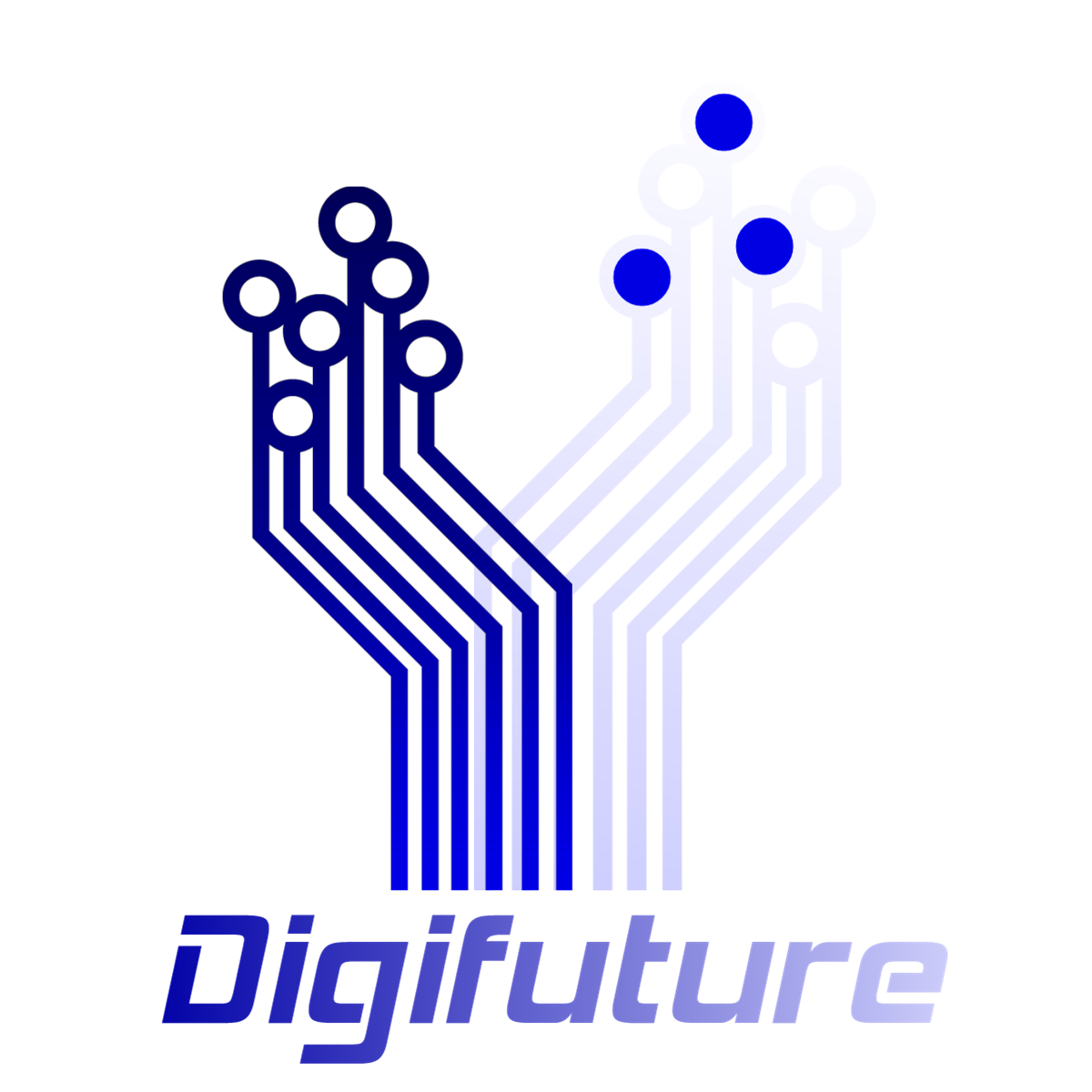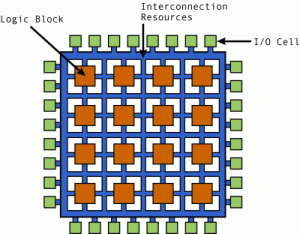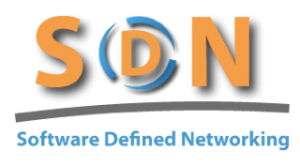Gig Economy
 Gig economy refers to the way many people work in the internet age. Instead of a more traditional system where a worker works full time for only one employer, some workers choose to enter the gig economy for the flexibility, freedom and personal fulfillment it provides them.
Gig economy refers to the way many people work in the internet age. Instead of a more traditional system where a worker works full time for only one employer, some workers choose to enter the gig economy for the flexibility, freedom and personal fulfillment it provides them.
In a gig economy, temporary, flexible jobs are commonplace and companies tend toward hiring independent contractors and freelancers instead of full time employees. A gig economy undermines the traditional economy of full time workers who rarely change positions and instead focus on a lifetime career.
More

 This content is from the following blog:
This content is from the following blog: I compiled some of the common FPGA interview questions I encountered over the years while seeking digital design positions:
I compiled some of the common FPGA interview questions I encountered over the years while seeking digital design positions: I think the short answer is yes. Cisco and others have developed strategies to deal with this threat, but fundamentally, the main idea under SDN and the promises it holds are incompatible with the existing platforms of these large network equipment providers, and their existing business models.
I think the short answer is yes. Cisco and others have developed strategies to deal with this threat, but fundamentally, the main idea under SDN and the promises it holds are incompatible with the existing platforms of these large network equipment providers, and their existing business models. The most important part of a digital system design is the interfaces. Each piece in the system, whether it is a device purchased from a vendor, or a re-used design clip that consists of multiple devices and their interconnects, or a programmable device such as an FPGA will probably be okay on their own. But what makes it a system is the interconnect of all these pieces. And that is where things go wrong.
The most important part of a digital system design is the interfaces. Each piece in the system, whether it is a device purchased from a vendor, or a re-used design clip that consists of multiple devices and their interconnects, or a programmable device such as an FPGA will probably be okay on their own. But what makes it a system is the interconnect of all these pieces. And that is where things go wrong.